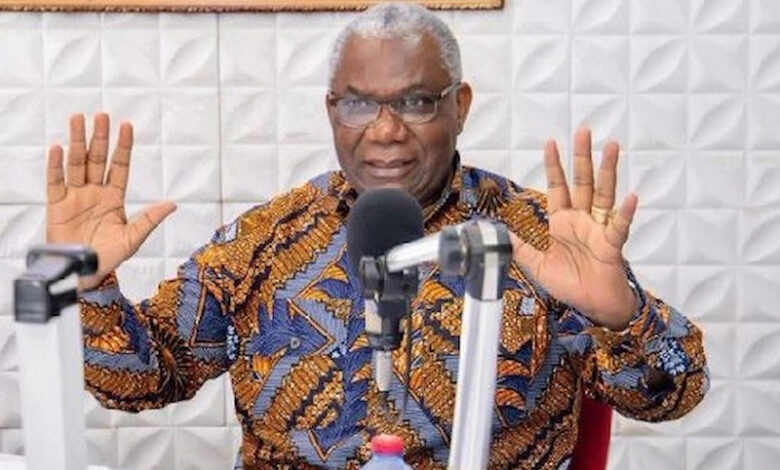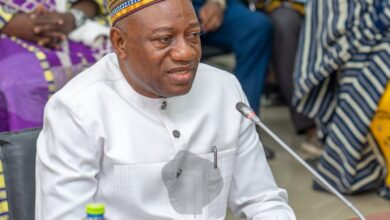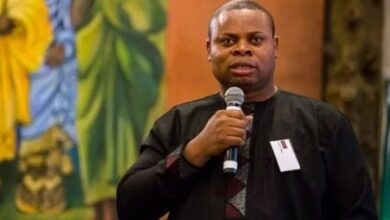Strong parties win elections, not candidates – Boakye Agyarko

Former Energy Minister Boakye Agyarko has underscored the decisive role of party strength in winning elections, arguing that the candidate’s identity matters less than how well-organized and motivated the party is.
Speaking on Good Evening Ghana with Paul Adom-Otchere on Metro TV, Agyarko said the January 31 elections would ultimately hinge on the strength of the party machinery.
“With all the things that you have put across, Your Honourable Bwachi Ndiako, does it matter who wins on January 31? That’s a question everyone wants me to ask,” Paul posed.
Agyarko responded by stressing that Ghanaian voters are largely loyal to political parties rather than individual candidates. “The primacy of our elections is the strength of the party. Look, if you go through all the surveys, I used to be involved with Trojan… Trojan one, two, three and four. It clearly shows you that people’s affinity is for their party first. In Ghana. Not candidates,” he said.
He explained that this loyalty explains why independent candidates consistently struggle. “Independent candidates don’t do well, no matter how much they seem to be making sense. If John Mahama had gone independent, he would have lost… the NDC candidates will still pick up their votes,” he argued.
Using data from surveys, Agyarko illustrated the entrenched loyalties among the two major political parties. “The numbers that I have seen, when you stress test affinity and loyalties, MPP has about 42 to 45% affinity in Ghana. NDC has about the same number. That is how come floating voters become important. But floating voters cannot back a candidate who is independent for him or her to win… like Cheddar,” he said.
Beyond voter loyalty, he highlighted the critical role of organizational support. “Apart from affinity, there’s the ecosystem of organizational support by the parties. My thinking is simply this: if you have a strong party that is not bickering, that is focused on an agenda, it doesn’t really matter much who the candidate is. Your party, if they are fired up, your base, if they are fired up, will get you the win,” he stated.
However, Agyarko admitted that a candidate’s personal image can still influence the margins. “You may have a candidate who may carry too much of a baggage, and therefore you will see that a 1% or 2% detraction may cause you a loss or may cause you a headache. I’m not saying that the candidate is not important at all. But the primacy of winning an election is how well-tuned and fired up your base is and how structurally sound your party organization is,” he clarified.
He emphasized that a strong party can carry almost any candidate, but the reverse often leads to defeat. “Once you do that, it becomes a platform upon which any candidate can stand with comfort. Reverse it — strong candidate, weak party — you will lose,” he warned.
Paul Adom-Otchere also noted how negative propaganda can sway perceptions. “These days, the way politics is run, you can have a candidate upon whom negative and untrue propaganda can be heaped. People might believe it. And it can occasion that candidate’s difficulty,” he said.
Agyarko agreed, citing examples from Ghana’s political history. “I think it happened in 2008, that there had been a lot of negative propaganda against Akufo-Addo… cocaine, this, that, that. All of which was untrue. But if you look at the results, it may have accounted for the one or two percent that you talk about, but it was through no fault of his. It was a massive propaganda machine, well-oiled by the NDC to make it like that,” he recounted.
He added that similar tactics played a role in the 2016 elections. “The NPP managed to have a well-oiled machinery campaign against John Mahama as being incompetent. Whether it was true or not, the Ghanaian people accepted it. And it may have occasioned the very heavy defeat that John Mahama suffered in 2016,” he concluded.



